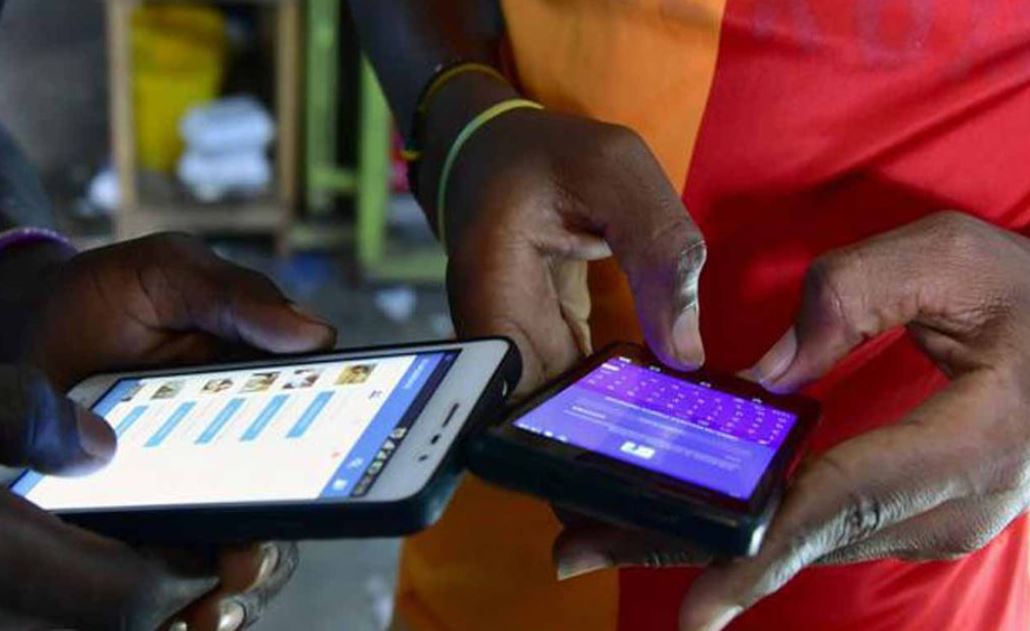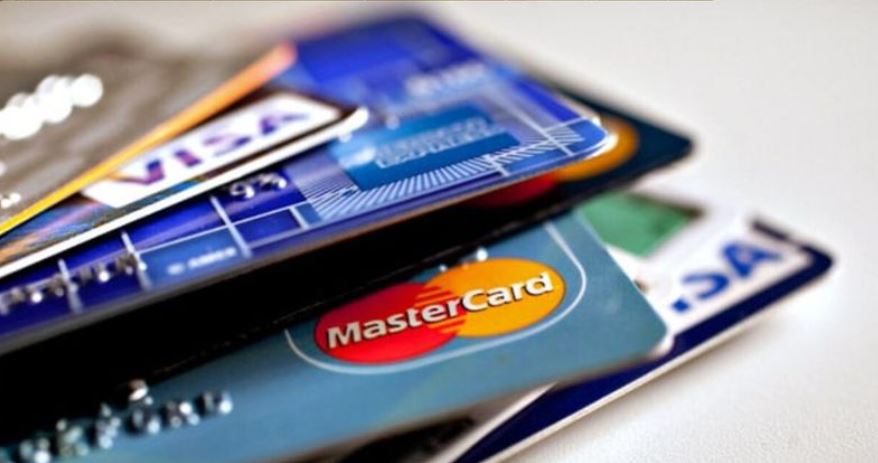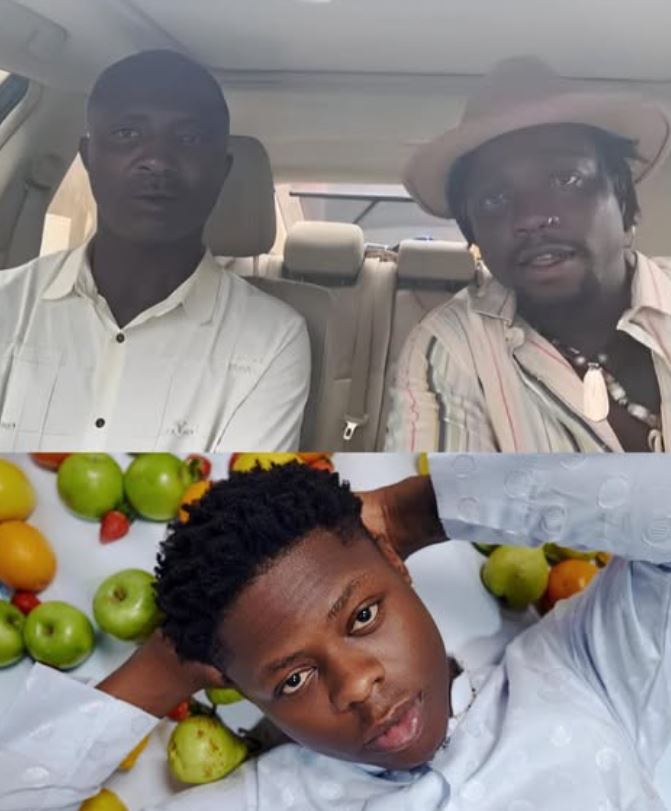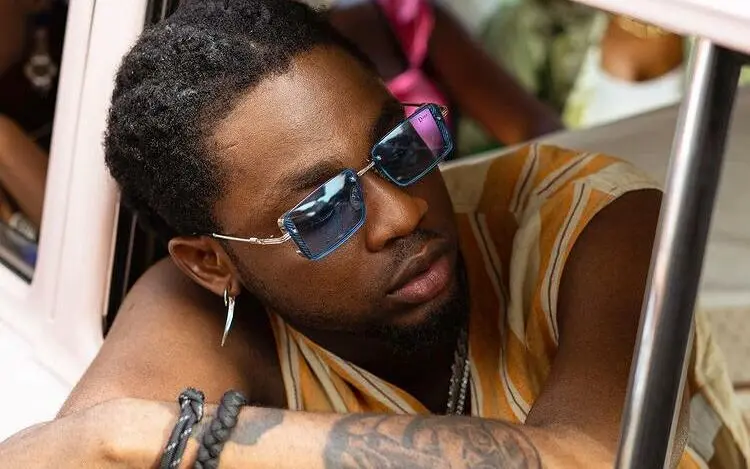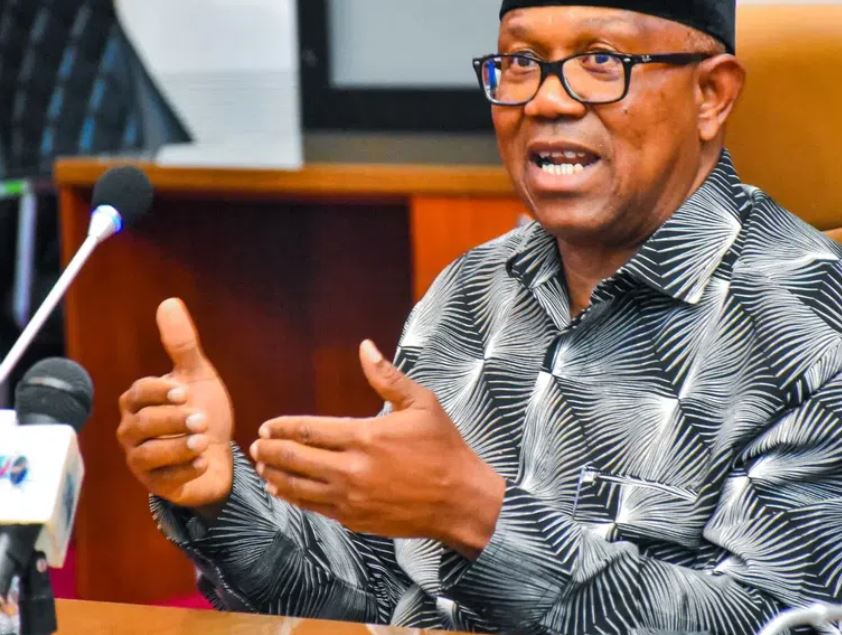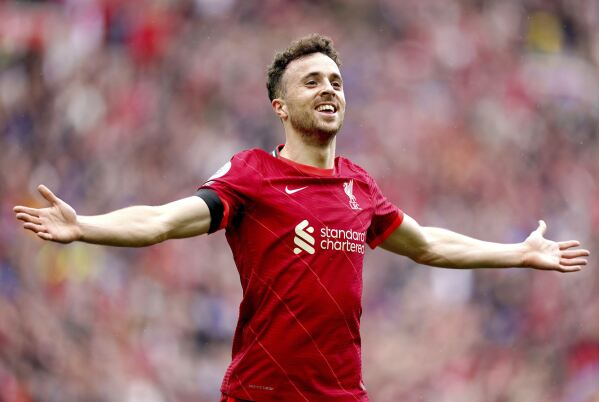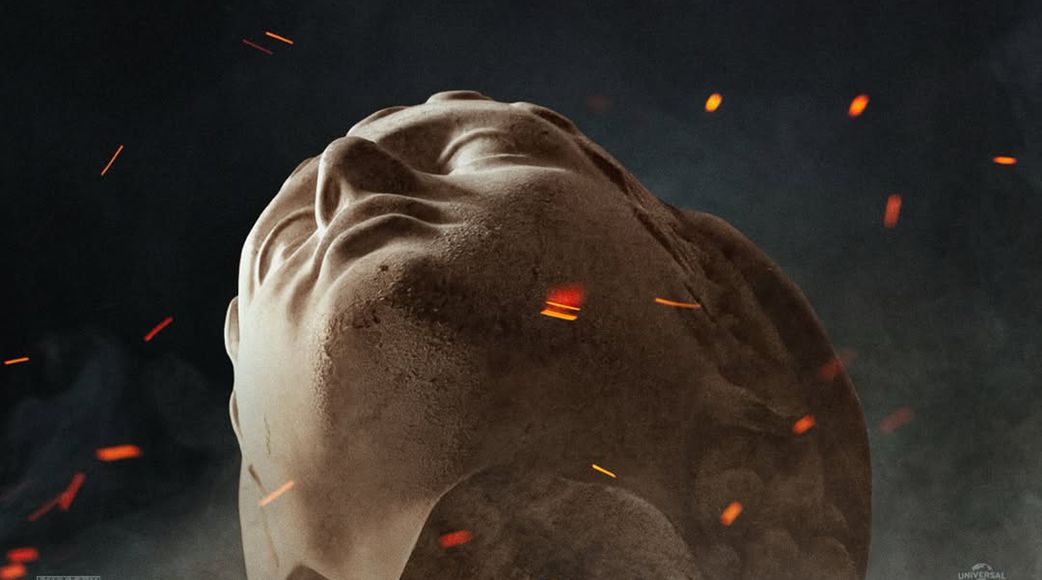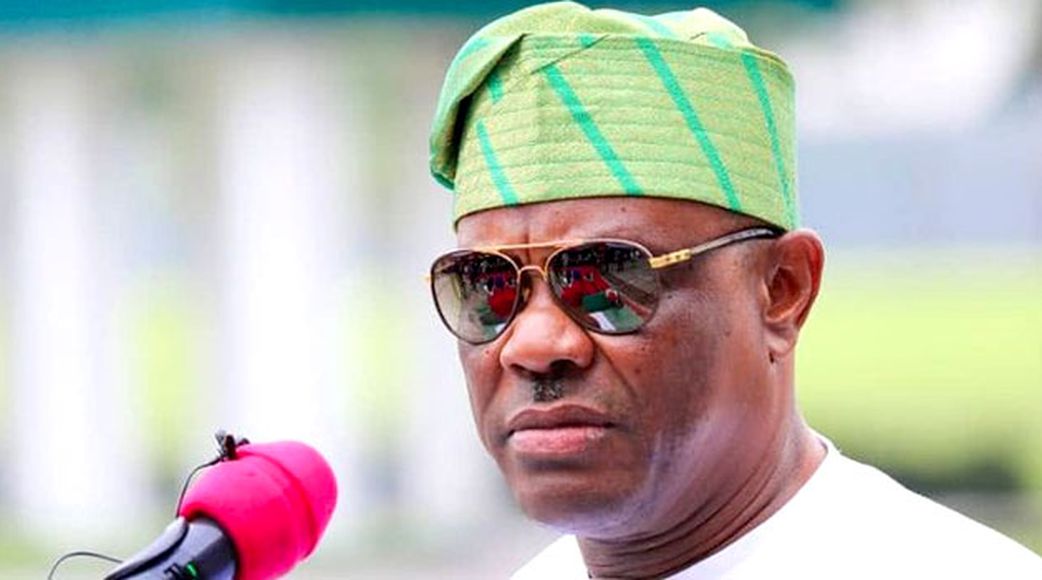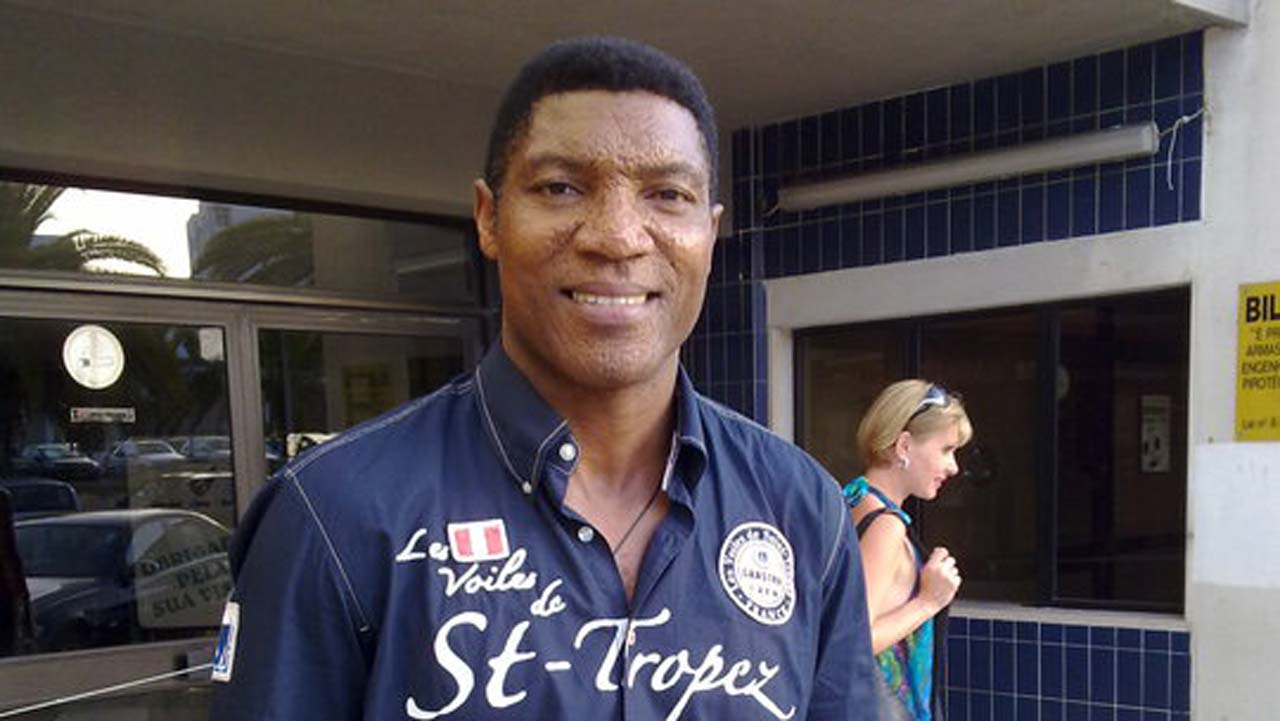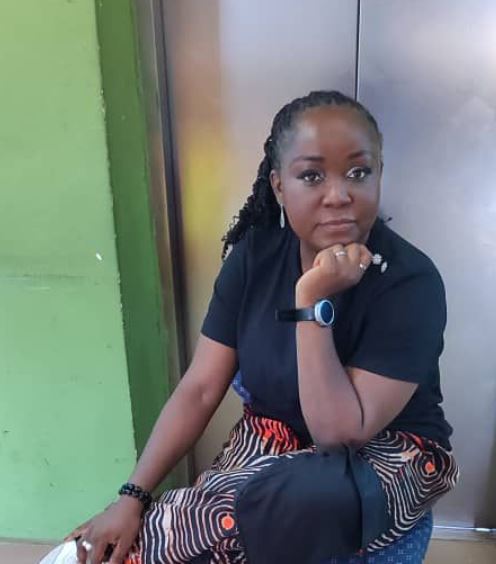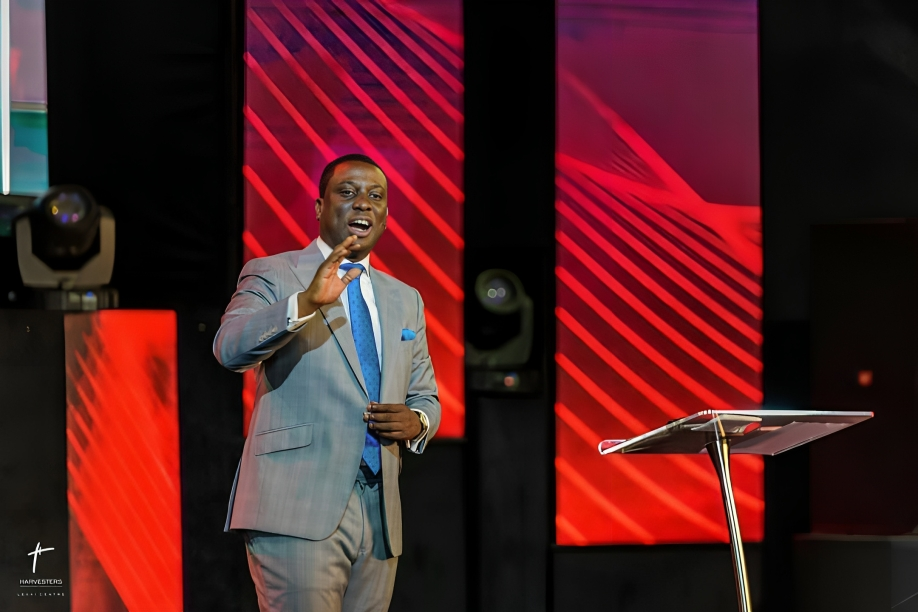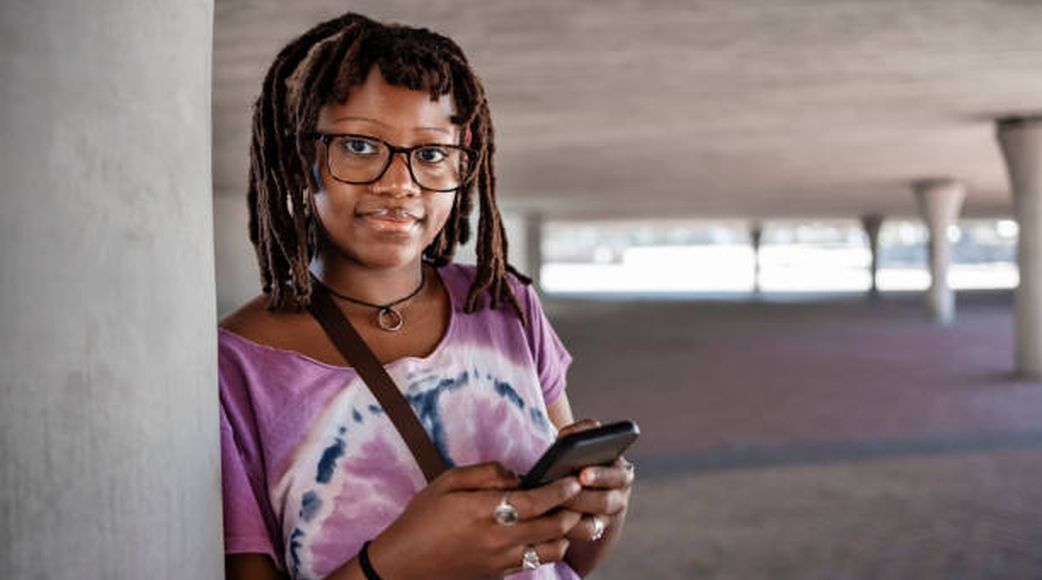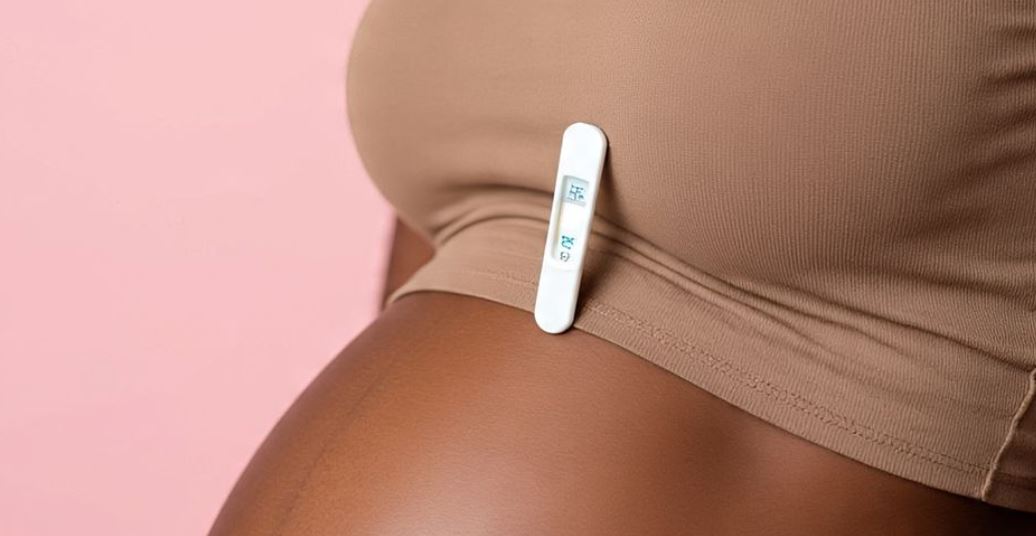
Justice Ahmed Mohammed of the Federal High Court in Abuja on Wednesday withdrew from the trial of pro-Biafran leader and founder of Biafra Radio, Nnamdi Kanu, and returned the case file to the Chief Judge of the court, Justice Ibrahim Auta, for re-assignment to another judge. This followed an objection by Kanu, who spoke from the dock where he stood along with his two co-defendants, saying that he lacked confidence of getting a fair trial from the judge. Two other persons charged along with Kanu are Benjamin Madubugwu and David Nwawuisi.
While Kanu was accused of among other offences, management of an unlawful society, the Indigenous People of Biafra, Madubugwu and Nwawuisi were accused of assisting in the management of the said unlawful group. The three accused persons were scheduled for their arraignment before the judge on Wednesday.
Meanwhile, a truck and some other cars had conveyed over 60 policemen to the surroundings of the court hours before the Wednesday’s proceedings started. The judge during the Wednesday’s proceedings overruled the prosecution led by the Director of Public Prosecutions, Mr. Mohammed Diri, who had urged the court to dismiss Kanu’s objection.
The prosecution argued that under the provisions of section 396 of the Administration of Criminal Justice Act, 2015, the objection was untenable since the defendants had yet to take their pleas.
Diri had also argued that under the law, an objection to the competence of the charges could only be taken after the defendants had taken their pleas and provided that it would be taken together with the substantive case and ruling would be delivered on it in the court’s final judgment. His opposition to Kanu’s objection was overruled by the judge.
The three defendants were scheduled for arraignment on Wednesday before Justice Mohammed on six counts of treasonable felony, managing and assisting in management of an unlawful society (the Indigenous People ýof Biafra),concealing goods without description in a container and unlawful possession of firearms.
The fresh case against Kanu was filed on Friday, barely 24 hours after another judge of the Abuja Division of the Federal High Court, Justice Adeniyi Ademola, ordered Kanu’s unconditional release from the custody of the Department of State Services. Justice Ademola ordered the DSS to release Kanu unconditionally since there was no pending charge against him about two months after his detention.
But instead of releasing him, the Federal Government filed fresh charges against him on Friday. On Wednesday, shortly after the accused persons took positions in the dock, Kanu indicated his interest to address the court. He was asked to wait and allow the lawyers to announce their appearances. After the lawyers to the parties announced their appearances, the judge asked them if any of them was opposed to Kanu’s interest to speak from the dock.
When no objection was raised, the judge gave the defendant the permission to speak. Within about three minutes given to him, Kanu pointedly told the judge that from the information he had received, he would not likely get a fair trial before the court. He said he would rather remain in detention than submit himself to trial before the judge. He said:
“Based on information available to me, I cannot get a fair trial before this court. I will not sacrifice the due process of law founded upon the principle of natural justice on the altar of speedy release from detention.
“In other words, I will rather remain in detention than subject myself to a trial that I know amounts to perversion of justice. There have been several court rulings delivered by competent courts of jurisdictions which the DSS never respected.”
The DPP opposed the objection and urged the court to allow the charges to be read to the accused persons.
”He complained that he would rather remain in detention than stand trial before your lordship. It is my submission that this court has laid down the procedure by which a defendant may object to his trial before any judge.
“For the defendant to object to trial he must file an application before your lordship objecting to his trial and in that application, the defendant will exhibit special circumstances why he should not be tried by the particular judge so that both the court and the prosecution can properly reply to the objection of the defendant and this has not been done in this case.
“Furthermore, under section 396 (2) of Administration of Criminal Justice Act, 2015, an objection to a trial may be raised by the defendant only after the plea of the defendant is taken but not before.
“In this case, your lordship, the defendant is putting the cart before the horse by raising an objection to the trial before the charges are read to him and his plea is taken.
“I urge your lordship to overrule the objection of the first defendant and order that the charges filed by the prosecution before this court be read to the three defendants for the purpose of taking their pleas.”
Kanu’s lawyer, Mr. Vincent Obetta, supported his client’s view. In his ruling, the judge dismissed Diri’s opposition to the objection by Kanu, holding that the provisions of section 396(2) of the ACJ Act cited by him only bordered on competence of the charges and not lack of confidence in the court. The judge ruled:
“In my view the first defendant has the right to be tried before this court or any other court. I generally see nothing wrong with the objection he has raised, after all, justice is rooted in confidence.
“If any of the parties does not have confidence in this court, they have the right to raise objection. Assuming it was the prosecution that had no confidence in this court, would it not have said so? The provisions of section 396(2) of the Administration of Criminal Justice Act, 2015 have to do with the competence of the charges.
“The first defendant here is not challenging the competence of the charges. It is the above premise that I will remit this case file to the Honourable Chief Judge of this court for further action.”

